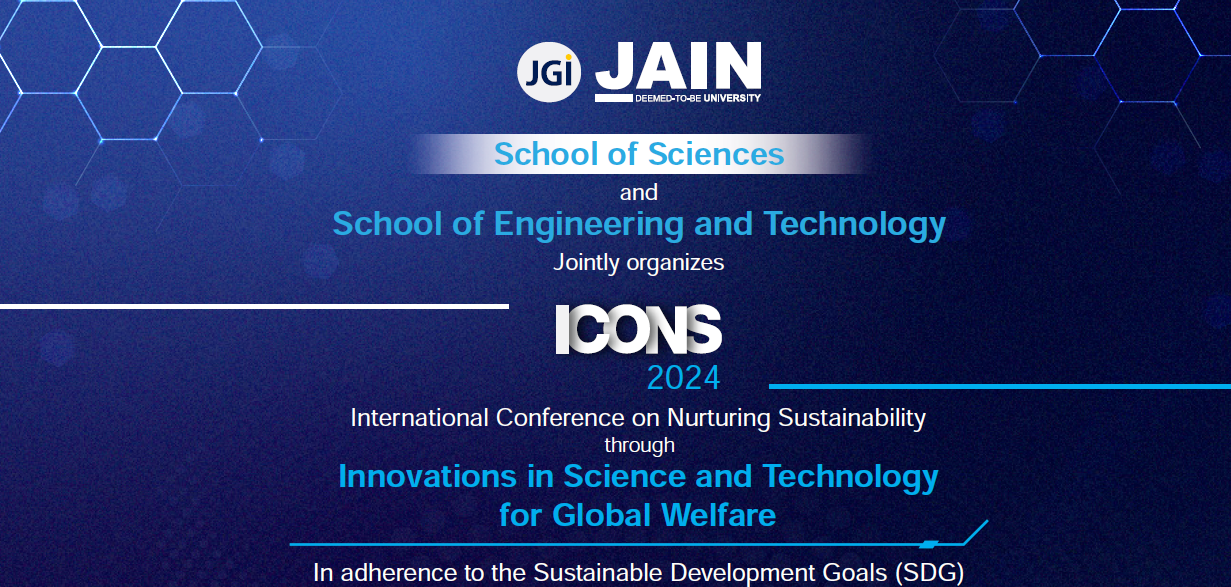Speaker
Description
Nanomedicine holds tremendous potential for ‘revolutionizing healthcare’ through pioneering diagnostic tools and targeted therapies. However, notable challenges still presist in, enhancing drug delivery mechanisms, improving therapeutic efficacy, and optimizing nanoparticle design. This review critically analyses the growing integration of Artificial Intelligence (AI) in tackling these challenges within nanomedicine.
We examine key research studies that explore the transformative role of AI in various aspects of Nanomedicine.
Research from countries such as the United States, China, and Germany showcases innovative AI-based approaches to nanoparticle design. AI-driven models are being used to refine the material properties and interactions of nanoparticles with biological systems, leading to enhanced targeting precision and more effective drug delivery outcomes.
AI algorithms process and analyze varied and vast amounts of patient database to predict the most effective drug delivery strategies, enhancing the tailoring of personalized medicine for individual needs. Treatment efficiency and delivery methods have leveraged due to use of AI, a testament which comes from studies based in United kingdom, South Korea and Japan.
As the advancement in nanomedicine continues, it comes at the cost of various emerging potential risks associated with nanoparticles. AI tools have shown a promising scope in the prediction of nanotoxicity and guiding design modifications for safer therapeutic applications. Research conducted in Switzerland, Australia and India based on these aspects, are focusing on leveraging AI to evaluate and mitigate potential toxicity.
In its initial phase during early 2010s papers focused on understanding the basic concepts and framework of AI techniques, this paved the path to the growth phase between 2016-2020 when use of deep learning techniques showed promising impact along with ability to enable complex analysis and AI driven discoveries.
Today we are in the maturity phase of this field starting from 2021 where AI driven nanomedicine is making its way to widespread adoption, personalized nanomedicine, improving accuracy and developing nano bio interfaces
This review incorporates findings from a diverse array of studies across these countries, underscoring the substantial potential of AI in accelerating progress within the field nanomedicine. The discussion extends to future prospects, highlighting how AI integration can continue to drive innovation in this rapidly evolving field, ultimately leading to more effective and safer nanomedicine applications.

